|
This past weekend we paused from our holiday weekend to remember those who gave their lives for our freedom. These fallen heroes are the reason that we can enjoy the many blessings we have in our daily lives. Within your own family you may have relatives and ancestors who served, some not returning from their service. If you have stories from your loved one’s experience in the military and they are comfortable sharing, now is the time to either record their memories or capture their words the next time their share their experiences. While Memorial Day focuses on those who gave their lives in service, anyone who served has given a portion of their life, away from their family and friends. There is a plethora of resources available for military record research. While there is some debate as to whether the decorating of graves existing before or started with the Civil War, I thought I’d keep our focus this week on resources that are available for Civil War Records. Things to think about
Here are some resources to help you get started: Pension and Services Records at National Archives and Records Administration (NARA) If your ancestor survived the Civil War, they may have been eligible for a pension. Pensions have proven to be a treasure trove of information—especially if the widow survived the soldier and then applies to continue to receive the pension. I have found marriage records, naturalization info, children listed, detailed medical files to prove the claim. How do you get these records? There are several ways…you can go to the NARA and search yourself, order records from NARA directly, or hire a reputable researcher or company that specializes in these records. The American Civil War Ancestor is one such company that specializes in Civil War research. While I have not used this service, I did talk with them at the NGS Conference; they have been doing this for a long time and are like a service I’d used many years ago. Ancestry.com Ancestry does require a paid membership and has been adding many Civil War records and indexes. One of the records that you will find interesting is an 1890s Veterans Schedule. According to Ancestry "This database is an index to individuals enumerated in the 1890 special census of Civil War Union veterans and widows of veterans available on microfilm M123 (118 rolls) from the National Archives and Records Administration (NARA)." This was how I discovered that one of my Civil War ancestors was no longer in Wisconsin but in South Dakota. Check it out. Fold3 This service also is a paid subscription and has ties to ancestry. It may well be worth the investment if you have many ancestors across several wars as the focus of the site is military records. There are also some records that are free on this site. You can also choose a 7-day trial to see if it is something you’d like. Records range from enlistments, widows pension, maps, and other related documents. FamilySearch FamilySearch is a free site, but you do need to register. They have many Civil War records for both Union and Confederate. In additional, they have categorized some at the state level which is helpful. One of my favorite finds is the United States National Homes for Disabled Volunteer Soldiers. I was “fortunate” to have an ancestor spend his last days in the Milwaukee home. These records tell the conditions your ancestor had, close relatives and in the case of mine where his effects were sent plus the mortuary in charge of sending his remains to the small town where he was to be buried. Letters, Diaries If you have Civil War letters and diaries from your ancestors, well, I’m a bit jealous. Seriously, you are very fortunate. For those of us who do not, remember that reading diaries and letters from people who served in the same unit or timeframe or location as your ancestor gives you wonderful insight into their experience. While you cannot claim in your family story that your ancestor experienced exactly what an author of a diary did, you can reference it as a source to describe what their experience may have been based on someone living in the same timeframe with a similar story. For example, what was it like to camp on the banks of a swamp-filled, river delta? Mosquitoes, anyone? According to pension claims, my ancestor became ill due to the rainy, poor conditions along the Mississippi and developed debilitating rheumatism and poor health that dogged him until his death. Here’s an excerpt from his wife’s testimony in 1887: Genealogy is all about remembering those who have gone before. I’m glad we have a time in the calendar to remember those who gave the ultimate sacrifice. Now, take the time to write down their stories so they are never forgotten.
“Our cheer goes back to them, the valiant dead! Laurels and roses on their graves today, Lilies and laurels over them we lay, And violets o’er each unforgotten head.” --Richard Hovey Comments are closed.
|
AuthorWith a lifelong passion for genealogy and history, the author enjoys the opportunity to share genealogy tidbits, inspiring others to research and write their family story. Archives
July 2024
Categories |
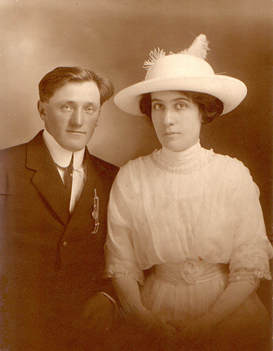
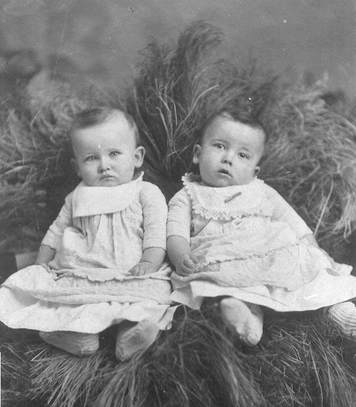
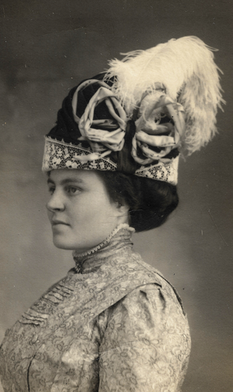
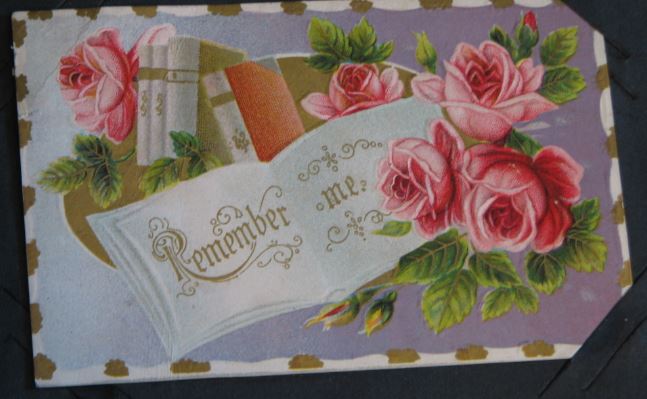
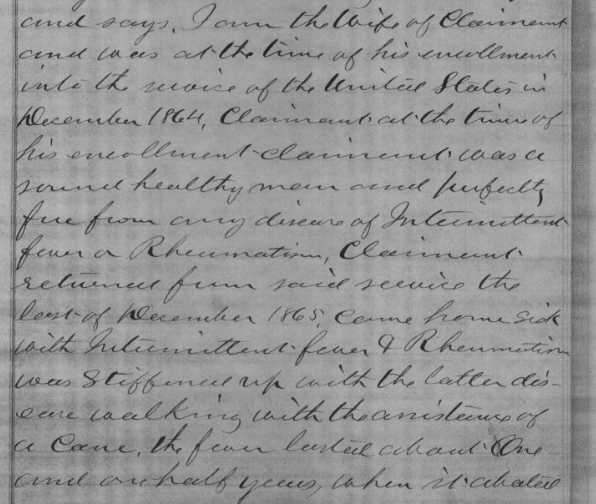
 RSS Feed
RSS Feed